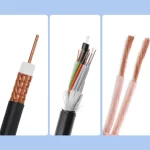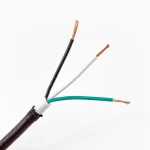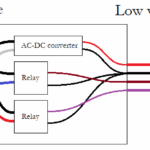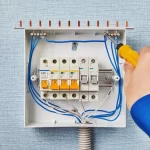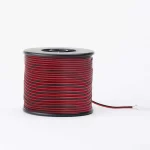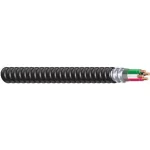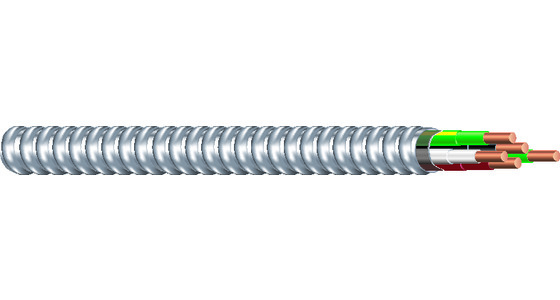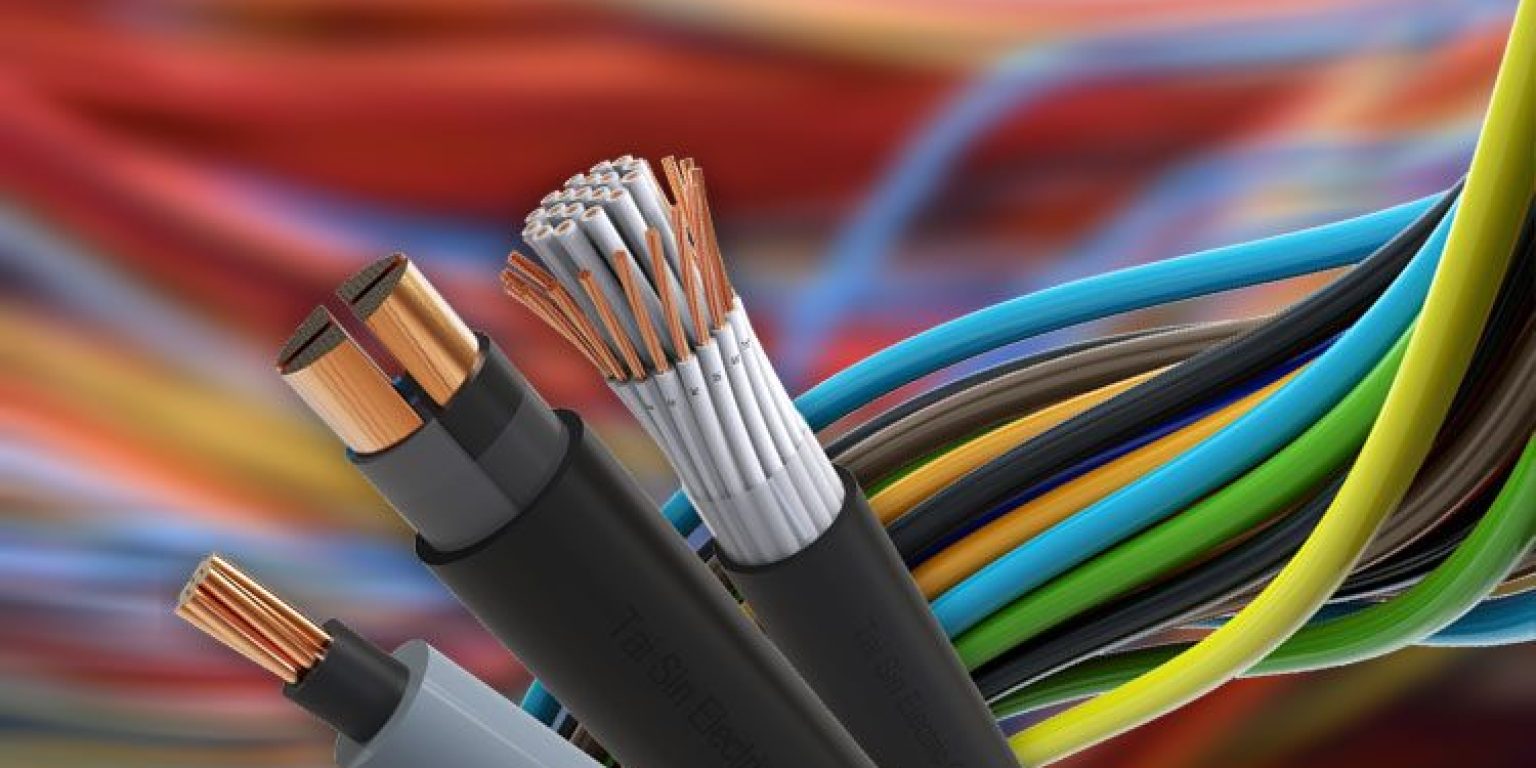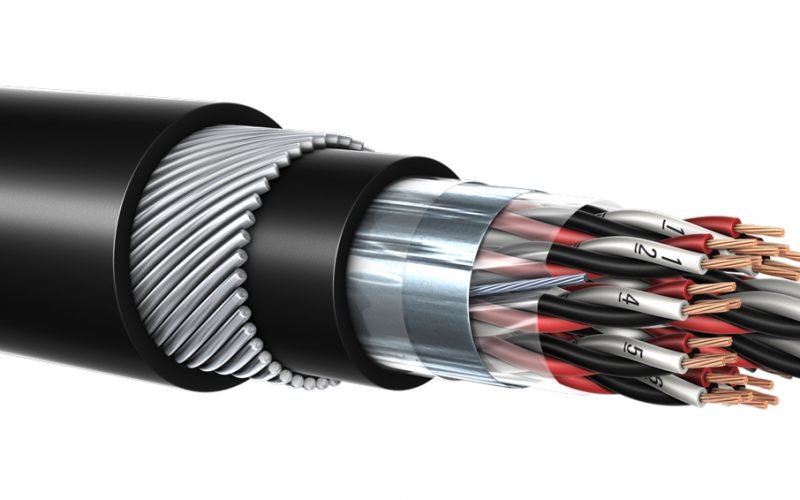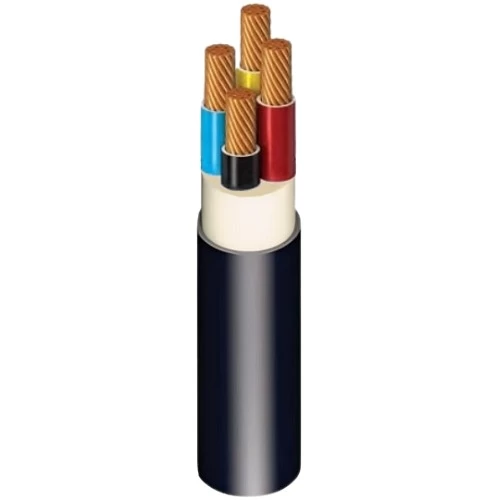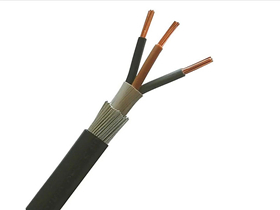When it comes to electrical wiring, one of the most commonly asked questions is: 'Is copper wire a conductor or insulator?' The short and clear answer is: Copper wire is a conductor — and one of the best ones available. But to understand why, let’s break it down in a way that’s useful whether you’re a student, DIY enthusiast, or someone simply curious about how electricity works.
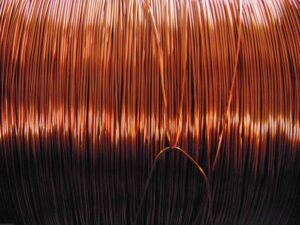
is copper wire a conductor or insulator
What Is a Conductor?
A conductor is any material that allows the flow of electric current. Conductors contain free-moving electrons that can carry charge from one point to another. The better a material can allow this flow, the higher its electrical conductivity.
Examples of good conductors:
-
Copper
-
Silver
-
Aluminum
-
Gold
What Is an Insulator?
An insulator, on the other hand, is a material that does not allow electricity to flow easily. Insulators have tightly bound electrons that resist the movement of electric charge.
Common insulators include:
-
Plastic
-
Rubber
-
Glass
-
Wood
-
Ceramic
Why Copper Wire Is a Conductor
Copper is widely used in electrical systems because it has excellent conductivity. It’s second only to silver in terms of how efficiently it can carry electrical current, but copper is much more affordable and accessible.
Key reasons why copper is a good conductor:
-
Low resistance: Copper has a very low electrical resistance, which means less energy is lost as heat.
-
Ductility: It can be drawn into thin wires without breaking.
-
Corrosion resistance: Copper doesn’t easily corrode, which means it’s reliable for long-term use.
-
Availability: Copper is widely mined and available in many forms, including solid and stranded wire.
Because of these properties, copper wire is the standard choice for residential, commercial, and industrial wiring.
Why People Confuse Conductors and Insulators
People often get confused because copper wires are usually coated in plastic insulation. So while the core copper wire conducts electricity, the outer jacket (usually made from PVC or rubber) acts as an insulator to prevent shocks or short circuits.
This outer covering does not make the copper wire itself an insulator — it simply protects the user and system.
Real-Life Examples
-
Power cords: The copper inside carries electricity. The outer plastic keeps you safe.
-
Home wiring: Copper wires run behind your walls with plastic sheathing for insulation.
-
Automotive wiring: Copper is used in cars due to its flexibility and conductivity.
Conclusion
To answer the question “Is copper wire a conductor or insulator?”:
Copper wire is a conductor. It allows electricity to flow efficiently through it. However, it is typically coated with an insulating material to ensure safety and proper functioning.
So next time you see a copper wire, remember — the copper carries the current, and the coating keeps it safe.

